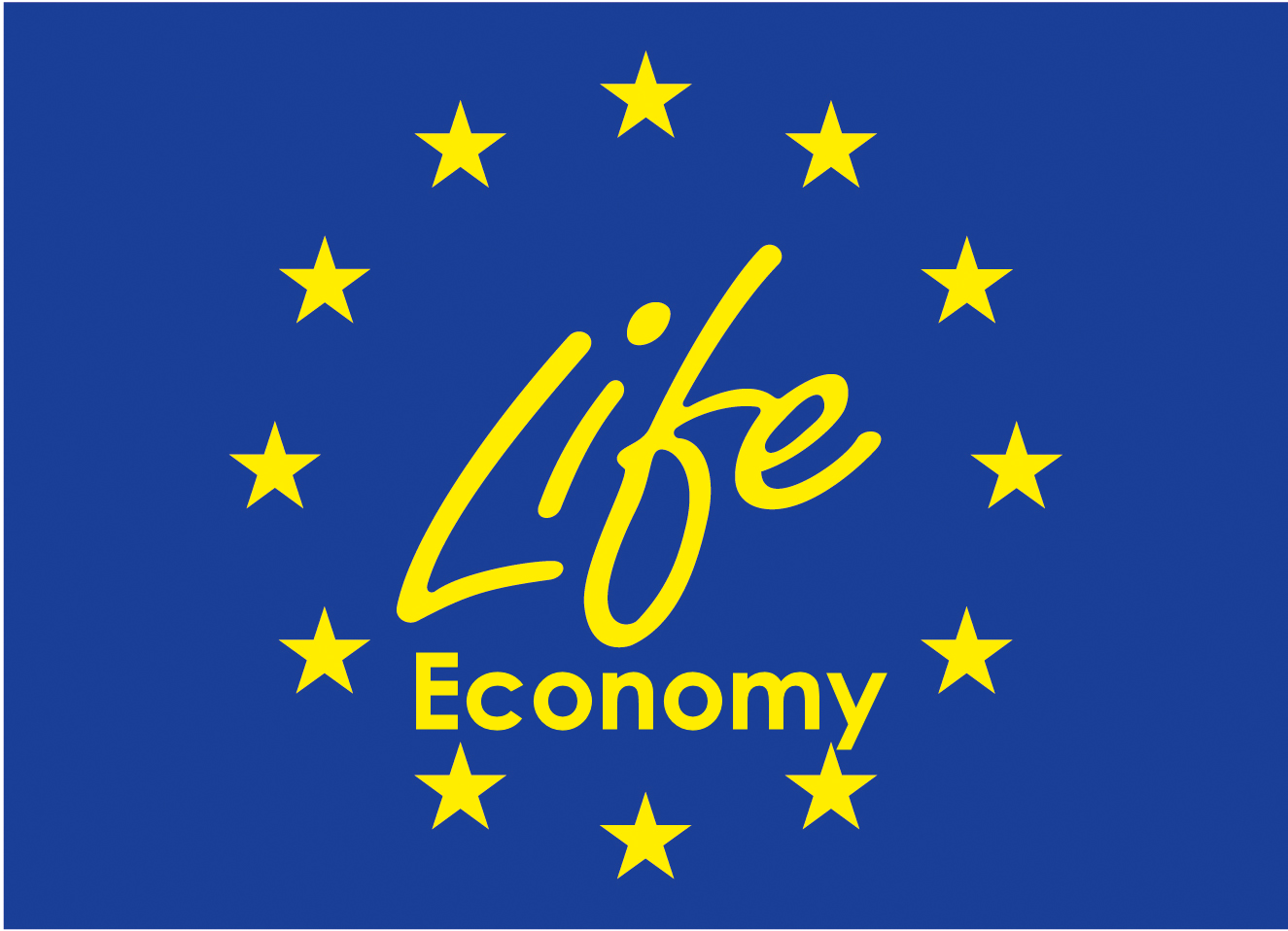LIFE 2027 CIRC-ECON
LIFE - Circular economy and quality of life (LIFE VI Circ-Econ | 2021-2027)
Brève description du cabinet de conseil
The Circular economy and quality of life sub-programme aims at facilitating the transition toward a sustainable, circular, toxic-free, energy-efficient and climate-resilient economy and at protecting, restoring and improving the quality of the environment, either through direct interventions or by supporting the integration of those objectives in other policies.
Thus, LIFE will continue to co-finance projects in the environmental sector, in particular in the area of the circular economy, including recovery of resources from waste, water, air, noise, soil and chemical management as well as environmental governance. The sub-programme provides mostly action grants for projects implementing innovative and best practice solutions in these areas through the so-called Standard Action Projects (SAP). It also covers the implementation, monitoring and evaluation of EU environmental policy and law through the so-called Strategic Integrated Projects (SIPs). The European Commission will continue to look for solutions that are ready to be implemented in close-to-marketSearch for available translations of the preceding linkEN••• conditions, at industrial or commercial scale, during the project duration.
Standard Action Projects (SAP – previously "traditional" projects) are possible under the three sub-programmes listed above. The maximum EU co-funding rate for most SAPs is 60%, and up to 75% for projects under Nature and Biodiversity that fulfill specific conditions.
In addition to SAPs, LIFE also co-funds Strategic Nature Projects (SNAP) and Strategic Integrated Projects (SIP) under the three sub-programmes above. The max. EU co-funding rate for this type of project is 60%.
SNAPs support the achievement of Union nature and biodiversity objectives by implementing coherent programmes of action in Member States in order to mainstream those objectives and priorities into other policies and financing instruments.
Informations de base
- Période: 01.01.2021 - 31.12.2027 [9e période de financement de l'UE (2021-2027)]
-
Programme précédent
L' Instrument Financier pour l'Environnement (LIFE V | 2014-2020)
-
Stratégies de l'UESix von der Leyen Priorités de la Commission européenne
Budget
- Type de financement programmes d'action de l'UE (interne)
- Département Mff III.9 Environment & Climate Action
- Appeler Totalbudget 5430000000
- 1988000000
- 3442000000
-
Budgets annuels:
2021 6600000002022 6610000002023 6670000002024 6770000002025 6930000002026 7150000002027 734000000
- taux de remboursement maximal de l'UE 100
Des informations détaillées
-
Thèmes de financement
-
Candidats
Conditions du projet
-
Programme | Priorités d'appela Greener, carbon free Europe, implementing the Paris Agreement and investing in energy transition, renewables and the fight against climate change , Climate change governance and information , Climate change mitigation , Climate change adaptation , priorities of the European Commission 2019-2024_
-
Groupe ciblé
-
Coûts de projet éligibles
Dates, délais et lieux
- Temps restant jusqu'à la date limite 12 mois), 30 Journées), 0 Les heures., 0 Minutes.
-
Chronologie
Appels 1.Appel:
Les documents
-
il n'y a actuellement aucun document disponible pour cet enregistrement
Liens
-
Il n'y a actuellement aucun lien vers cet ensemble de données

